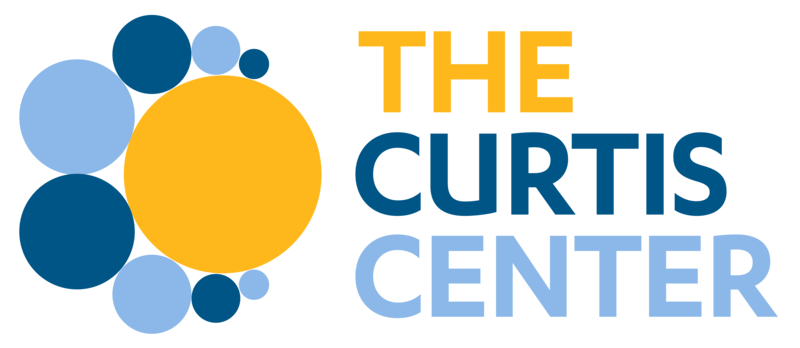Partnership Goals:
The Curtis Center and Downey Unified School District (DUSD) partnered to increase teachers mathematical content and pedagogical knowledge in order to improve DUSD Grades 3 – 8 student mathematics achievement. The partnership was funded by a California Mathematics and Science Partnership Grant and independently evaluated by Public Works.
Partnership Activities:
For each of three years, the teachers participated in:
- a 60-hour summer institute aimed at improving teacher content and pedagogical knowledge through hands-on, research-based Curtis Center lessons developed in UCLA Mathematics Department to engage students in the Standards for Mathematical Practice.
- In-person support to help teachers write grade-appropriate, mathematically rigorous lessons in a Professional Learning Community
- Classroom-based coaching to support teachers participating in a modified Japanese Lesson Study program.
Results:
Teacher Gains:
Growth in teacher mathematical knowledge was measured by the University of Michigan’s Mathematical Knowledge for Teaching Measures. Public Works reported that after “the first cycle of implementation, primary and secondary teachers made statistically significant gains on the Number Concepts and Operations on the pre-post assessment. In the second cycle of implementation, primary and secondary teachers made statistically significant gains on the pre-post assessment focusing on Patterns, Functions, and Algebra. For the third and final cycle, primary teachers made statistically significant gains on the final Geometry pre-post assessment. In each cycle, participating teachers were outperformed by the control teachers on the pre-assessment but surpassed or performed at a similar level as the control group on the post-assessments.”
Student Gains:
The chart below outlines student gains as reported by Public Works:

We are pleased to share that in its final report to the California Department of Education, Public Works reported that students taught by the teachers who participated in the three year “DO Math” partnership “outperformed the comparison group overall and in two subgroups: Latinos, and low-income students. By the growth measure of student achievement, DO Math was a success.”
